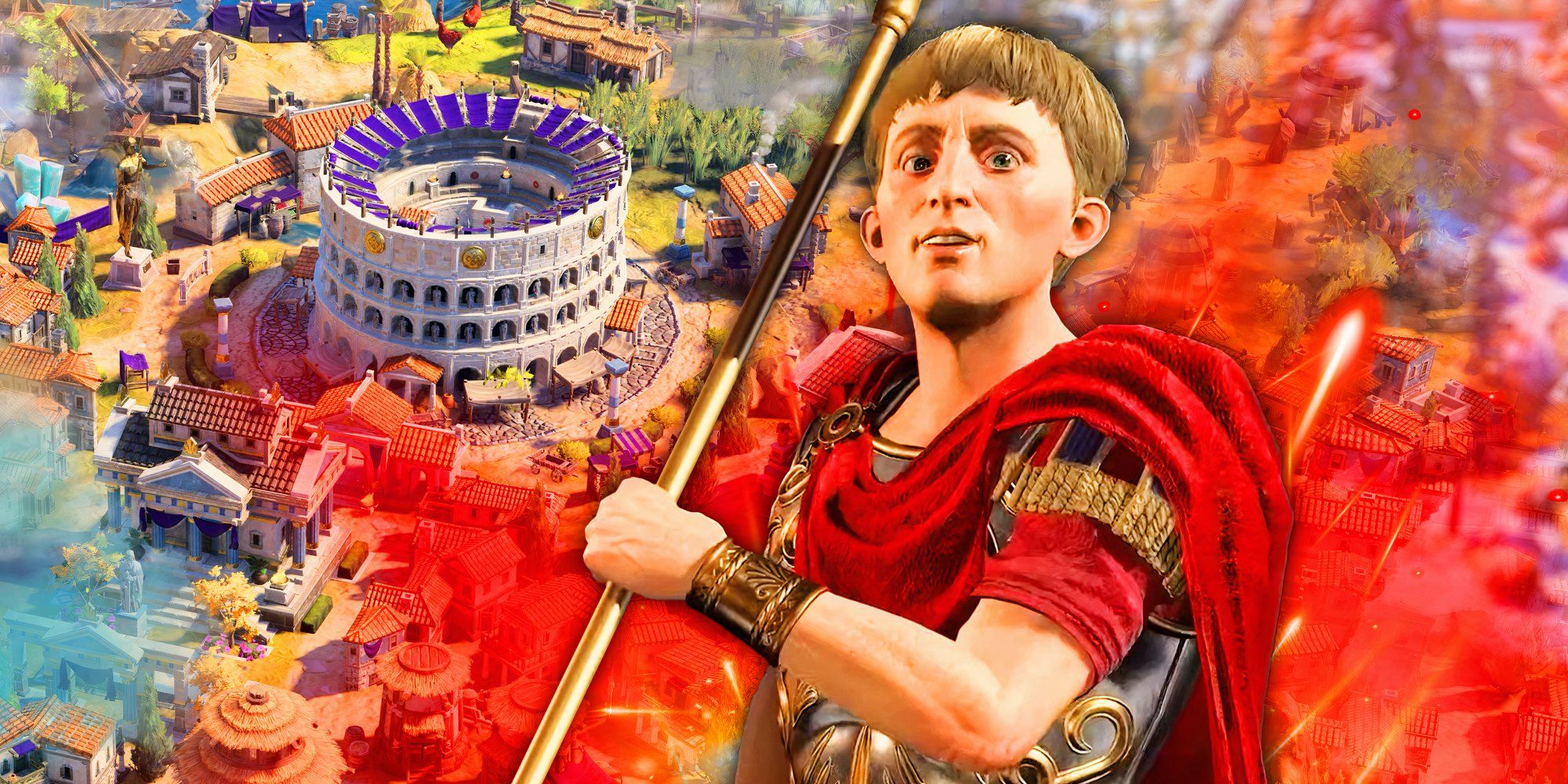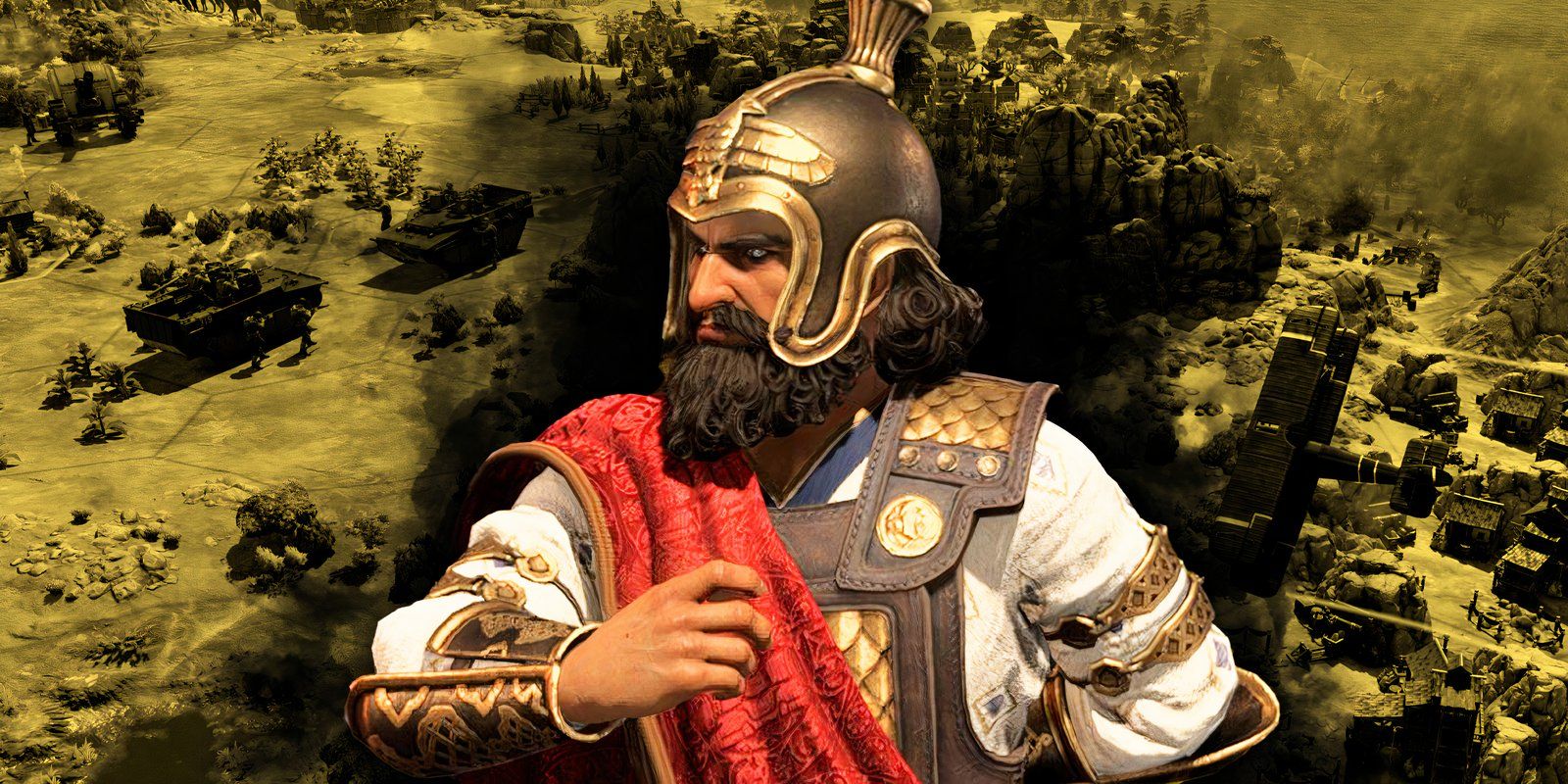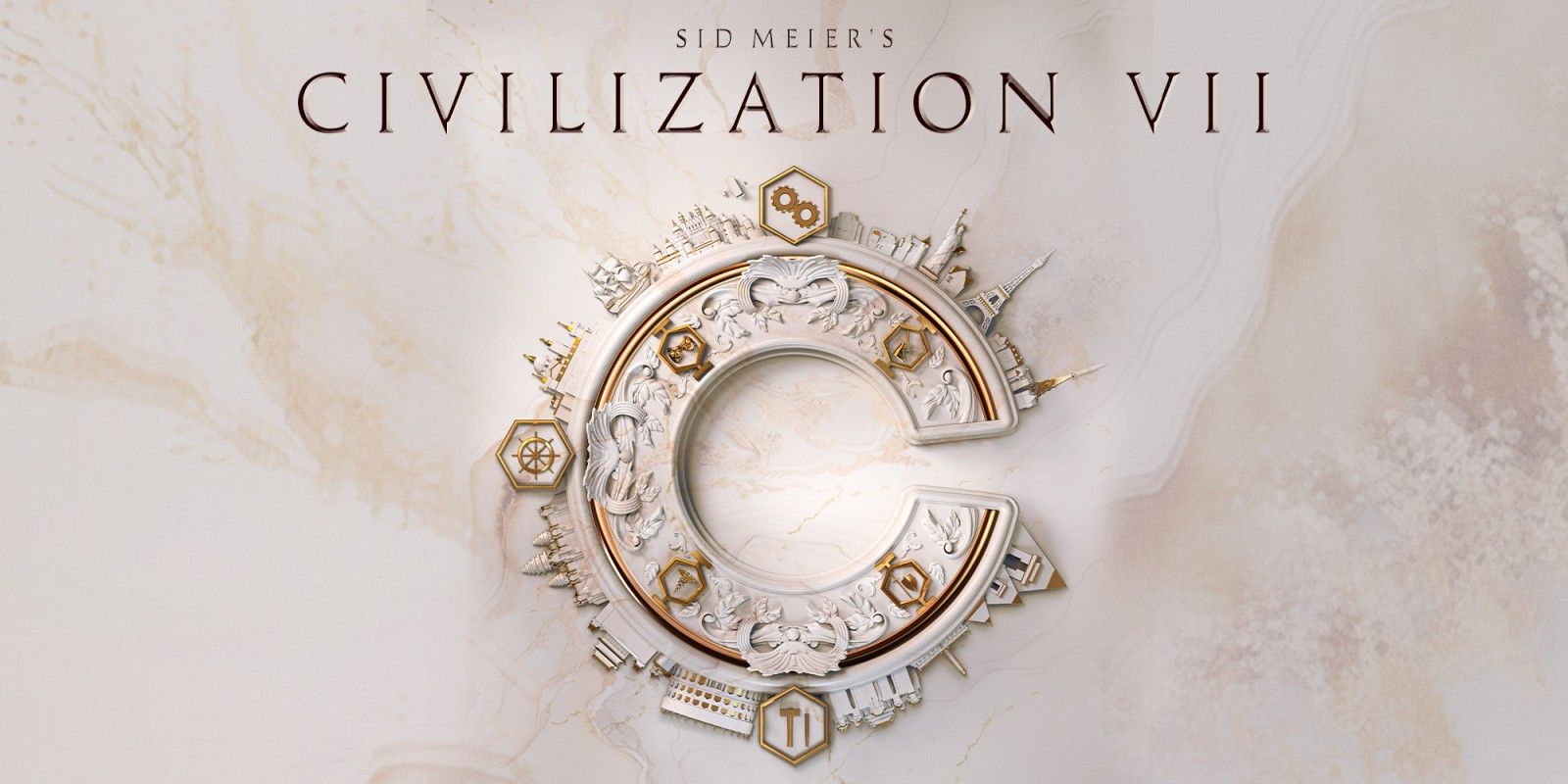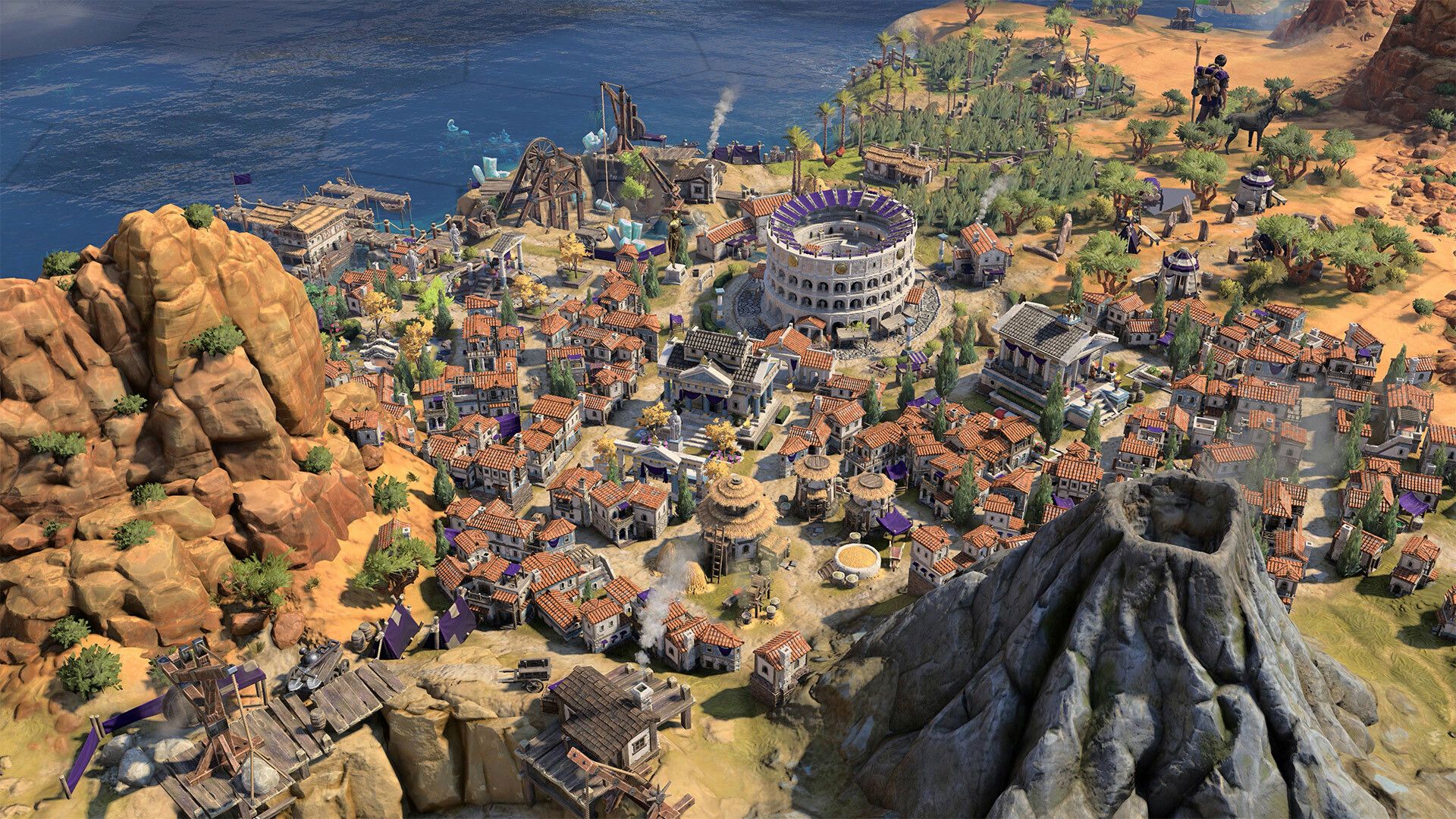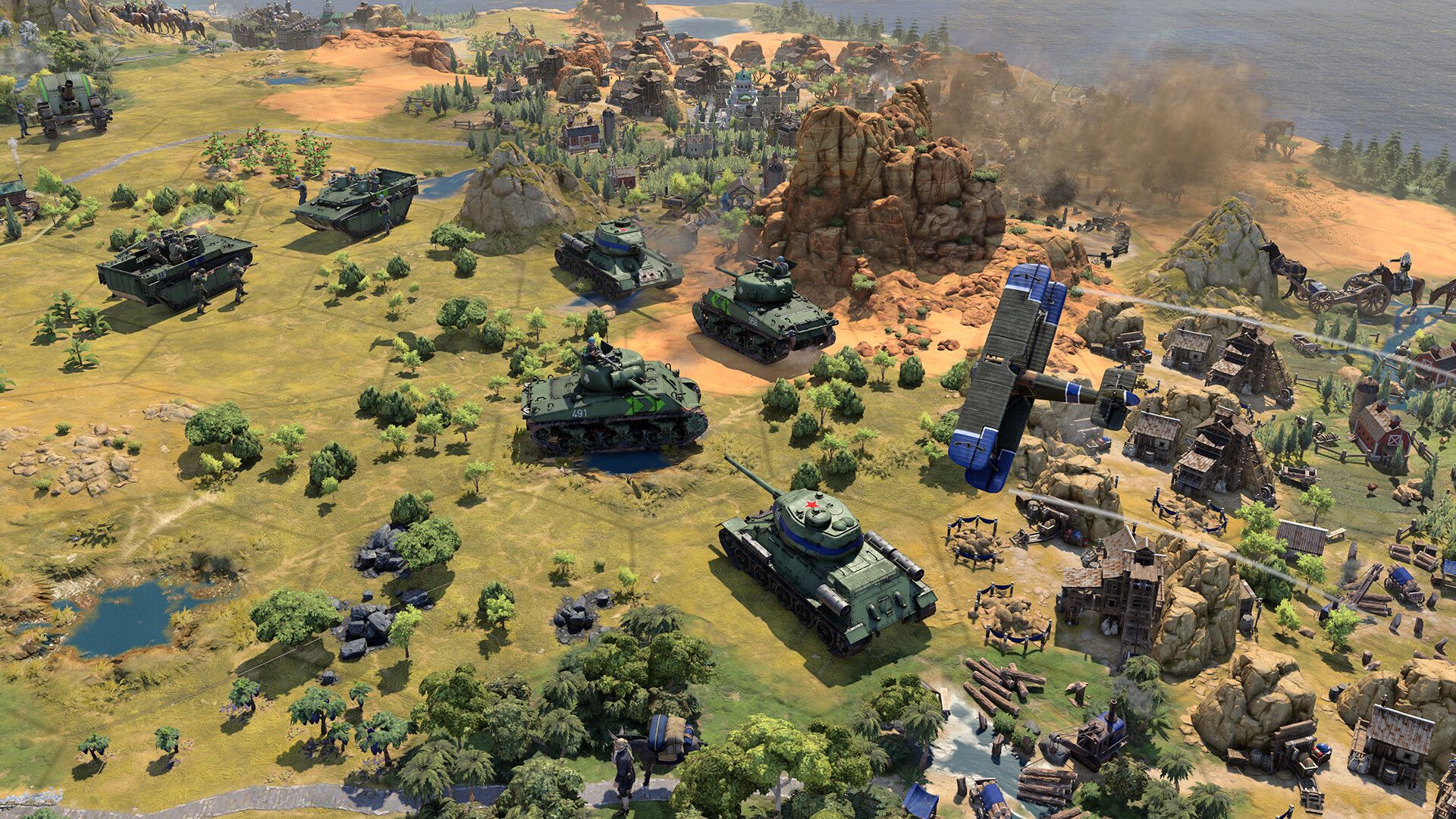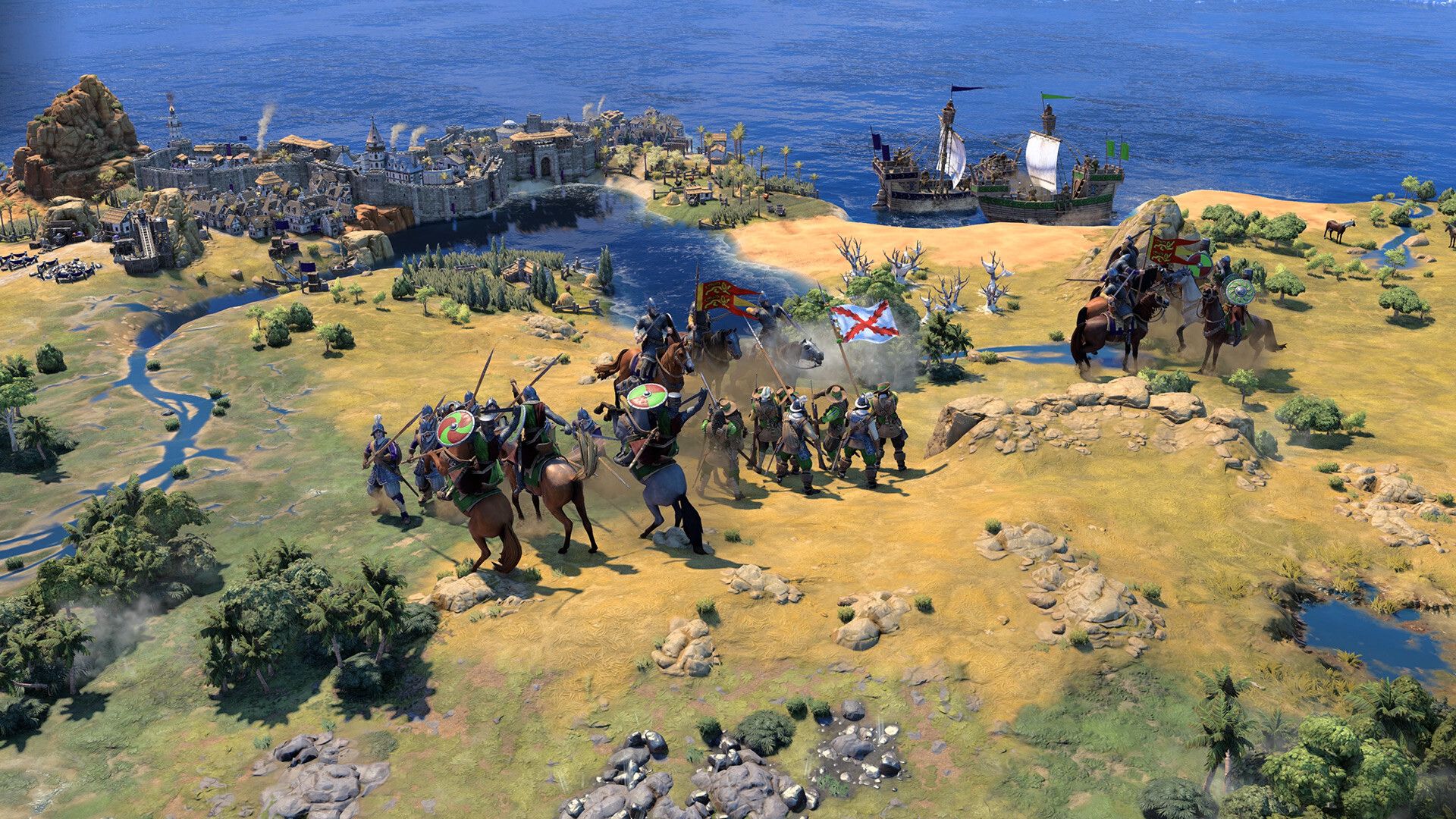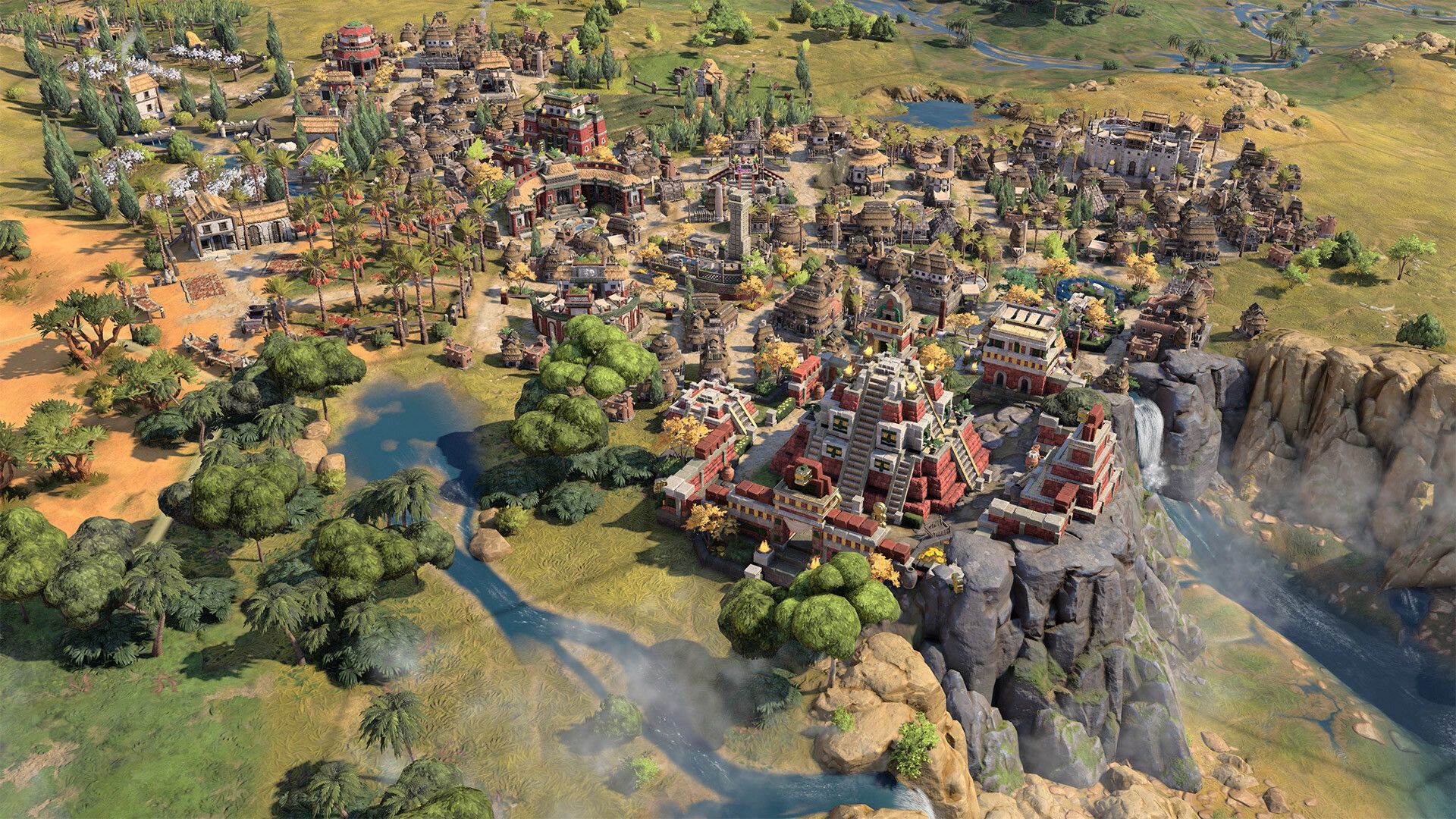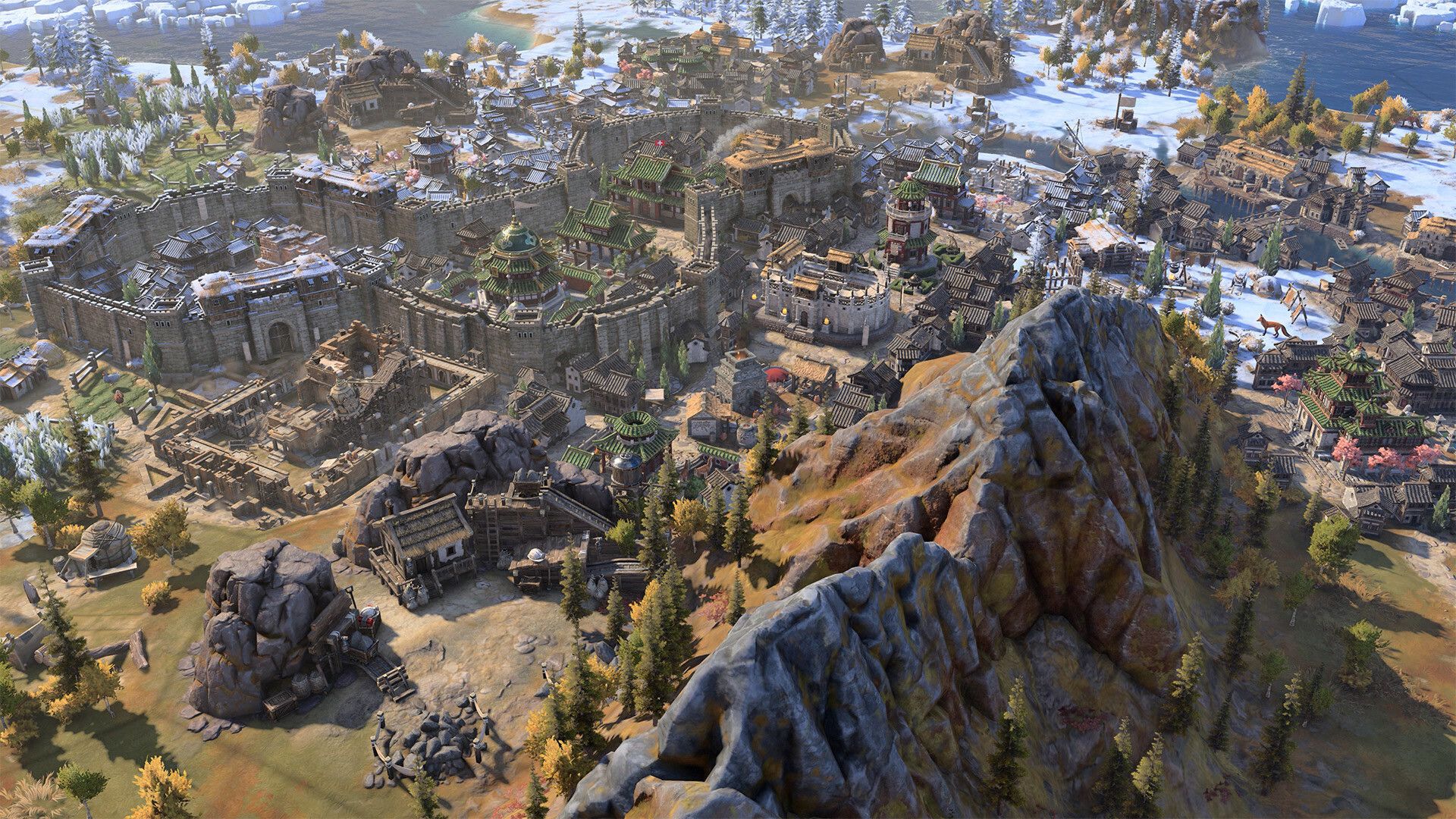Sid Meier’s Civilization VII
InSid Meier ’s Civilization 7 , the new Ages organisation forces some major changes on the thespian that can be extremely disruptive and confusing without knowing what to await . Many of these changes are justified by the melodic theme that Ages represent the passage of time and an empire would not remain superposable across so many years . Unfortunately , on a practical level , the changes finger very precipitous and disrupt the flow of gameplay in a somewhat frustrative agency . While the Ages act as chapters and divide gameplay up tomake it less cumbersome , certain aspect of the Age transitions need refinement .
One extremely disruptive shift is wars cease in Age changeover , with conflicts basically fizzling out in the space of a undivided turn at the end of an Age . For anyone who has played retiring iterations ofCivilization , the theme that a War ends without see it materialize on screen is about as strange as it gets . apart from creating the phantasy that metre is passing , wars ending as Ages transition is potential the result of the need for unit to update . Ultimately , the game ’s structure may have limited the options , and the end result feels like a momentum killer .
Wars End Abruptly During Age Transitions
Relationships Are Adjusted Toward Neutral
While the concept of a adult metre jump makes gumption on paper , in pattern , the Age transition happens within a brief timeframe . Up to that point , instrumentalist have amassed their troop , sent them out to foray into and conquer Settlements , and built up momentum toward an eventual climax to the Age . However , instead of an ultimate confrontation or some form of wedge reconciliation , any war efforts are immediately ended , scout troop are reset , and the relationship with the foe even turn slightly toward achromatic .
refinement 7 ’s Espionage is part of the new Diplomacy system that appropriate players to pass Influence on covert actions , but there are no more spy .
While the enemy is still last to be hostile and have a negative human relationship with the player , there are no ostensible result for a ignore - off war . The whole thing feels very abrupt , removing the sense of progress a participant gets from amassing an USA , found front lines or stronghold , etc .
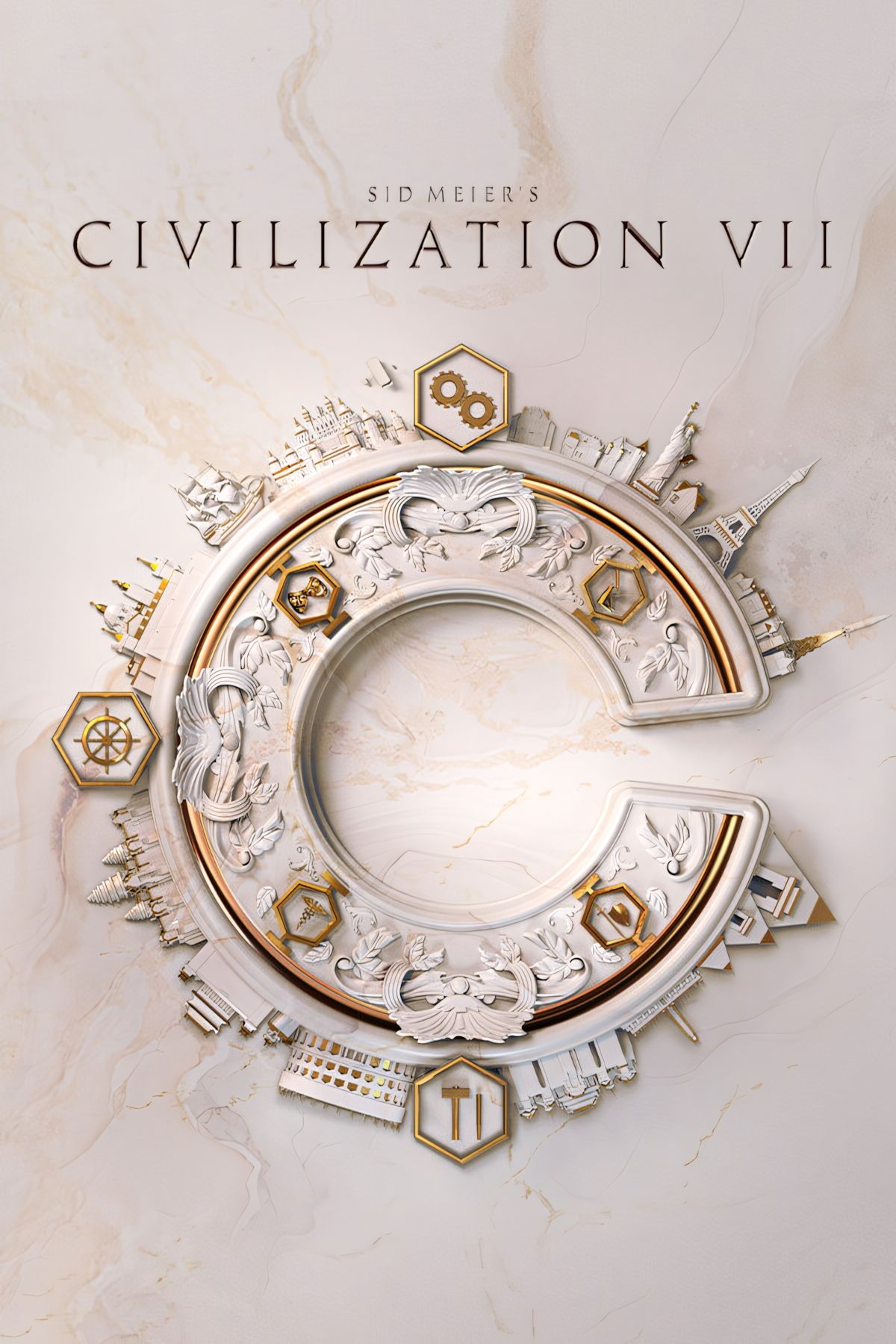
This car-mechanic pull in the Ages feel more like three miniskirt - game than one wondrous scheme game .
The motive for units to reset to some extent does make sense for the Ages structure , but it seems like there should be acompromise in terms of diminished troops , relocate armies , or wallop on diplomatical relations . Alternately , warfare could just carry on into the next years with the building block ' next - Age equivalent . These solutions would n’t needs conflict with the Ages structure , and it is n’t percipient whether the current system is a lasting fixture or could perchance be update to allow wars to persist .
Losing Units And Relocating Them Kills Momentum
Troops Should Maintain Their Positions
The fact that troops diminish in number across the Ages is strange and does n’t survey any percipient logic . It ’s understandable why the specific social unit would convert or possibly even revert to a weaker unit of measurement type . A variety in building block numbers , however , make it feel like the resource invest in get troop were more or less wasted . When pursuing any pattern ofMilitary or Domination tactics , this mechanic take a leak the Ages feelmore like three miniskirt - game than one grand scheme game . Simply maintain the figure of troops as Tier 1 Infantry or Ranged units from that Age would be an melioration .
Civilization 7 ’s major change to city maturation include Unique Quarters , Overbuilding , Specialists , and new edifice type .
resettlement of soldiery is a further disruption in gameplay that does n’t render practically . If a war carries across to the next years and flock numbers remain identical , there ’s no pauperism to reset scout troop location either . While there are options available to pad an armywith Legacy Points , the process is unnecessarily arbitraryand introduce complexity when something more straightforward is all potential . These resets also limit the timeframe in which a warfare even makes sense , and there is a degree of no return where it ’s only no longer worth it because the war will end within a few turns anyway .
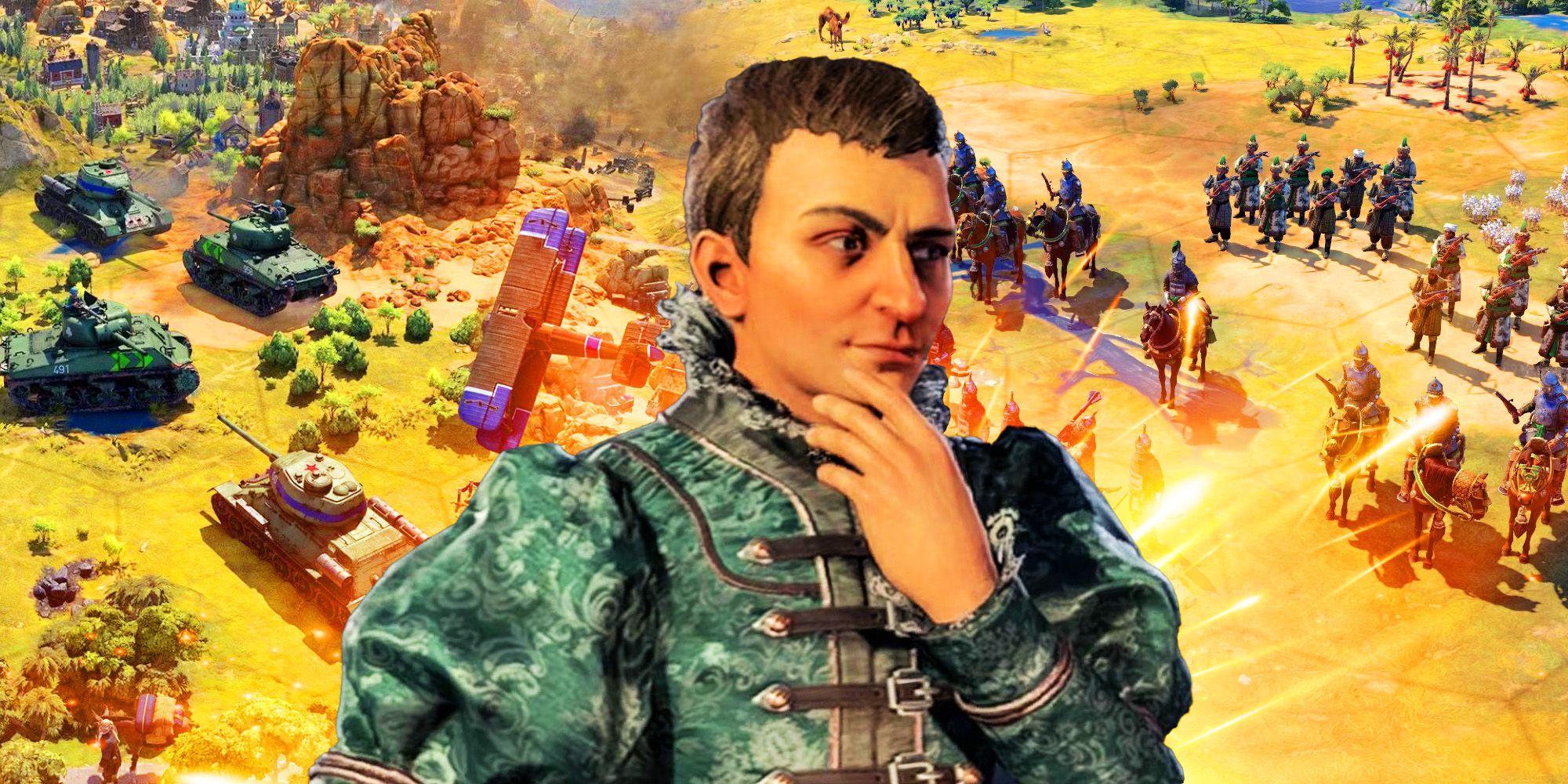
Custom image by Katarina Cimbaljevic
It Might Not Be Possible For Wars To Persist
The New Ages System Might Prevent Wars From Carrying Over
Because of the fashion the Ages system works , it might not be possible for wars to carry over across the Ages , leaving the current system as a lasting fixture of the game . There are quite a few systems in position that are directly link up to this grease monkey , andchanging it could require some major overhauls . At the same time , there does appear to be some middle priming with plenty of space for revision . Developers have already made a major update to how City - States function , allowing them to die hard across the Ages instead of disappearing whole .
culture 7 players can take reward of a alone and interesting Dark Ages incentive in each Legacy Path , but they derive at a toll .
Above all , the modulation between Ages want to be reassessed from a player ’s view . Certain feature film resetting or shifting is acceptable , such as Discoveries or increased yields from outdated buildings , but a gross reset and relocation of all social unit and the sharp conclusion of wars at the end of an Age is simply an unprecedented change without as much merit . For now , war are set to peter out out when the new Age offset , andCivilization 7players will have to make up one’s mind for themselves if this is a raft - breaker .
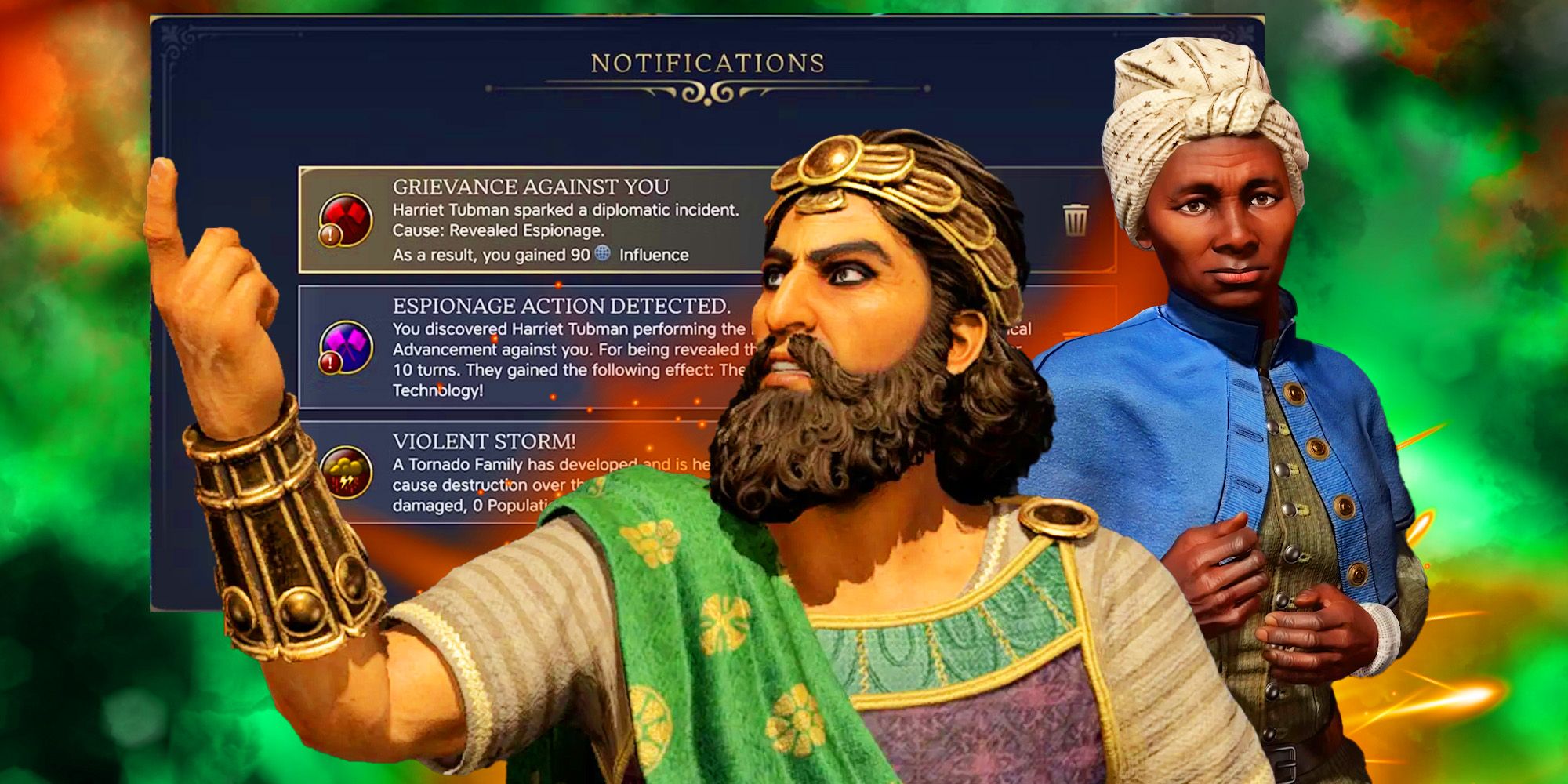
Your Rating
Your comment has not been saved
